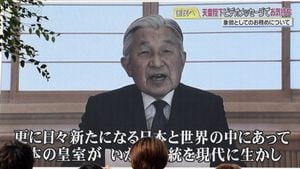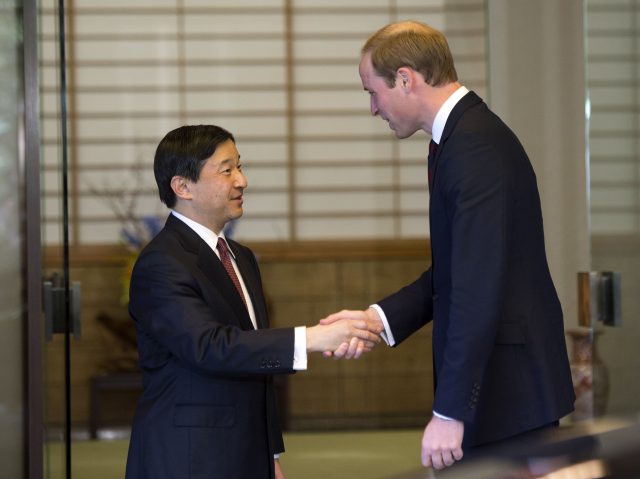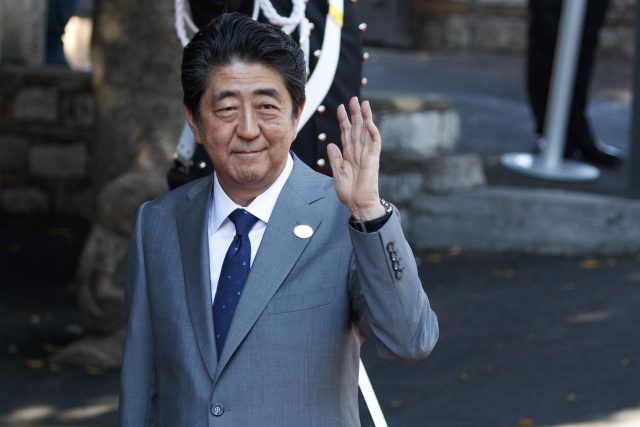Japan passes law for Emperor Akihito to abdicate
The 83-year-old emperor expressed his apparent wish to abdicate last August, citing his old age and health.

Japan’s parliament has passed a law allowing Emperor Akihito to become the first monarch to abdicate in 200 years, but put off a debate over how to tackle the shrinking royal population including male successors.
The 83-year-old emperor expressed his apparent wish to abdicate last August, citing his old age and health.
Under the law, an abdication must take place within three years.

The current succession rules allow only men from the paternal bloodline and prohibit women from ascending the 2,000-year-old Chrysanthemum Throne. Only women are forced to renounce their royal status when they marry a commoner.
Prime minister Shinzo Abe’s ultra-conservative government supports the male-only succession, which will make 57-year-old Crown Prince Naruhito next in line to the throne.

But Naruhito’s only child is a girl, and his younger brother Prince Akishino has two adult daughters and a 10-year-old son, Hisahito. This means only one of the emperor’s four grandchildren is an eligible heir.
After Naruhito’s daughter was born, a government panel discussed the possibility of allowing female emperors, but the talk quickly faded as soon as Hisahito was born.
Akihito’s abdication has rekindled concerns about a shortage of heirs.
Mr Abe’s government avoided divisive issues involving the status of female royals, which would require a time-consuming and broader overhaul of the outdated 1947 Imperial House Law.

His ruling party reluctantly agreed to adopt a non-binding attachment to the law calling for the government to study ways to improve the status of princesses, including allowing them to keep their titles so they can make up for the declining royal membership and perform some public duties.
The abdication law only applies to Akihito as an exception and expires in three years, a way to avoid putting future monarchs at risk of forcible abdication due to political manipulation.
Media reports have said officials are considering Akihito’s abdication at the end of 2018, when he turns 85 and marks 30 years on the throne, but no official date has been announced yet.
The 1947 Imperial House Law does not provide for abdication. The last emperor to abdicate was Kokaku in 1817.





